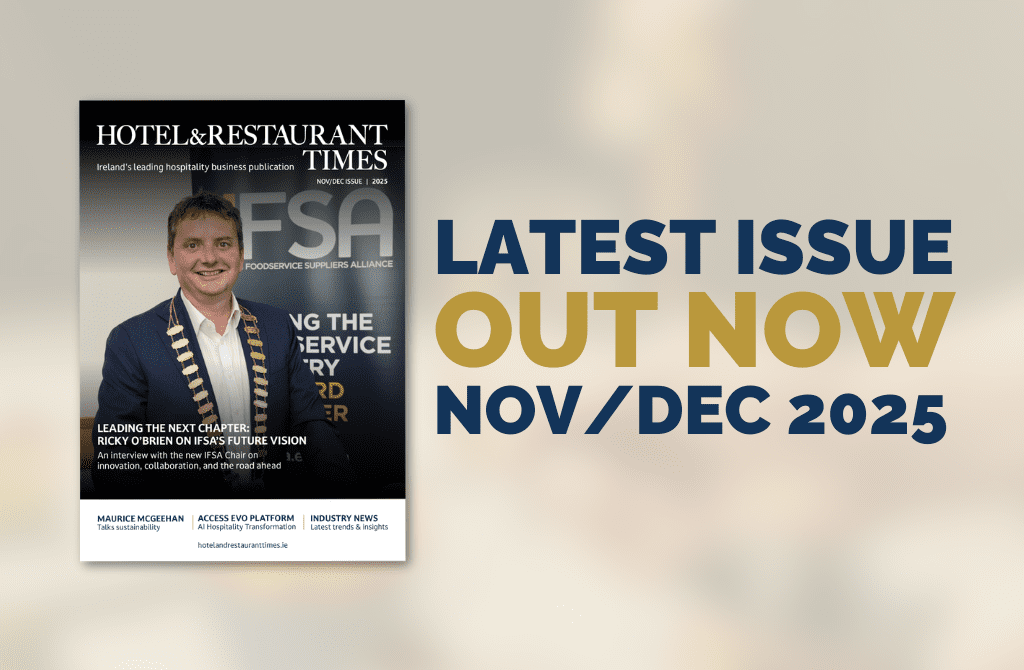
Self-Catering Sector Must Not Be Scapegoated in Housing Crisis Debate
The CEO of the Irish Self-Catering Federation (ISCF), MáireNí Mhurchú, has criticised the recent political commentary surrounding short-term rentals (STRs), stating that the self-catering sector is being unfairly scapegoated in the housing debate.
Ní Mhurchú warned that proposed legislation requiring planning permission for all short-term rentals (STRs), particularly in areas with over 10,000 residents, would devastate rural tourism, force thousands of legitimate family-run businesses to shut down, and risk up to €3.5 billion in lost revenue along the Wild Atlantic Way alone.
“These proposals threaten thousands of viable, long-established tourism businesses. Most are run by women over 45 in rural areas who rely on this income. Many of these properties were never in the long-term rental market and are not suitable for long-term rental. Yet they are being painted as part of the problem, while developers and institutional landlords remain untouched,” said Máire Ní Mhurchú, CEO of the Irish Self-Catering Federation (ISCF)
The ISCF has highlighted findings from a new report, ‘Ireland’s Short-Term Rental Industry 2024’, authored by economist Jim Power, which warns of the severe economic consequences of removing short-term rental properties from the tourism market.
In County Kerry alone, 1,858 short-term rental properties currently serving the tourism sector have been identified as potentially suitable for long-term housing. These units typically accommodate five guests and operate at an average occupancy rate of 50%.
With an average visitor spend of €300 per person per week (excluding accommodation), these properties contribute an estimated €72.4 million annually to Kerry’s tourism economy. The report cautions that the removal of these units from the short-term rental pool will result in a loss of €72.4 million to the local economy in Kerry.
Expanding this analysis to the wider Wild Atlantic Way region, this shift would equate to a staggering €256.8 million annual loss to the regional tourism economy.
The ISCF is calling on Government to carefully consider the economic implications of housing policy changes that impact the short-term rental sector, particularly in rural and coastal communities where tourism is a vital source of income and employment.
“What we are seeing is a lack of nuance and data-driven policy,” said Ní Mhurchú. “The ESRI has confirmed that STRs are overwhelmingly concentrated in rural and tourist areas, not in the urban centres facing housing pressure. In fact, 77% of Airbnb activity in Ireland takes place outside of Dublin.”
While the ISCF supports the creation of a national STR Register, it insists that exemptions must be made for verified tourism-accredited operators, small-scale family run operations, farm diversification and heritage projects, many of which offer the only form of accommodation available in rural Ireland.
“We’re asking the Government to work with us – not against us – on fair and targeted planning guidelines that protect both housing needs and rural tourism,” said Ní Mhurchú. “. Don’t dismantle an essential pillar of regional economies under the false assumption that self-catering is the root cause of Ireland’s housing crisis. It is not, and we have the data to prove it. In fact, it’s part of the solution in sustaining rural economies, preserving local jobs and supporting balanced tourism.”
About the Irish Self-Catering Federation (ISCF)
The Irish Self-Catering Federation (ISCF) is the national representative and lobbying body for owners of self-catering properties in Ireland. Established in 1998, the ISCF advocates on behalf of its members to promote and develop the interests of the self-catering sector across the country.
The ISCF has called for a Register for STR since 2017. Recognised by Fáilte Ireland, local and central government, and key tourism stakeholders, the ISCF works to ensure that self-catering accommodation providers have a unified voice in policy
discussions and industry developments. The federation represents a diverse range of property owners, from individual holiday home operators to larger agencies and groups.
In addition to national advocacy, the ISCF is a member of the European Holiday Homes Association (EHHA), engaging in discussions and policy development at the European level to support the self-catering industry.










